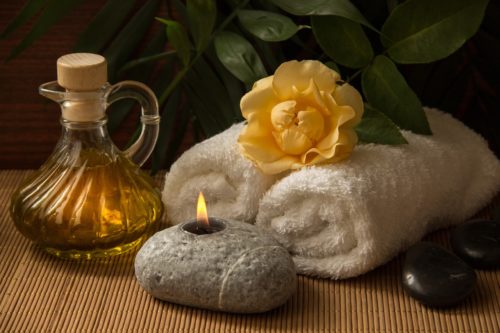I know a lot of people get a bit nervous around the word ‘meditation’.
Some people regard it as a bit ‘new-age’ or woo-woo… and yes, that is an actual description:
“based on false beliefs or imaginary things, rather than reason or scientific knowledge” – Cambridge Dictionary.
Some people will dismiss it as being in the too hard basket:
“I’d love to be able to, but I can’t clear my mind.”
“My mind is too busy.”
“I don’t have the time.”
I hear these comments all the time.
That’s not a criticism, I completely understand, even though the fact is you don’t have to clear your mind at all!
Increasingly I’ve noticed many organisations when talking about meditation avoid using the word altogether.
Instead they might use terms such as relaxation and breathwork.
It’s quite a clever strategy really, because who doesn’t want to be able to relax?

For example, on an information sheet about arthritis and emotional wellbeing, it talks specifically about how anxiety and depression are common in sufferers.
One of the helpful strategies it lists? Relaxtation techniques.
Cognitive Behavioural Therapy (CBT) is an evidence-based approach to treating a range of mental health problems.
One of its key strategies is learning to relax using techniques such as focused breathing, progressive muscle relaxation and guided imagery relaxation.
All of these techniques are regularly used in meditation.
Another help sheet I found was on CBT for menopausal symptoms, and in particular how to manage hot flushes.
It lists relaxation and reducing stress as key, and in particular the technique of paced breathing.
On the University of Michigan’s Rogel Cancer Center website it summarises the importance of relaxation in reducing stress:
Relaxation is a natural solution to stress…
Like any new skill, relaxation takes time and practice to master. The more you practice, the easier it is to relax and the easier it is to stay relaxed in stressful situations.
We also call it a meditation practice for the same reason.
As Juliet tries to convince herself in Shakespeare’s Romeo and Juliet, a name is nothing but a name:
“What’s in a name? That which we call a rose by any other name would smell as sweet…”
So if the word meditation doesn’t resonate with you for whatever reason, maybe just think of it as a way to relax instead.
Ann🙏
